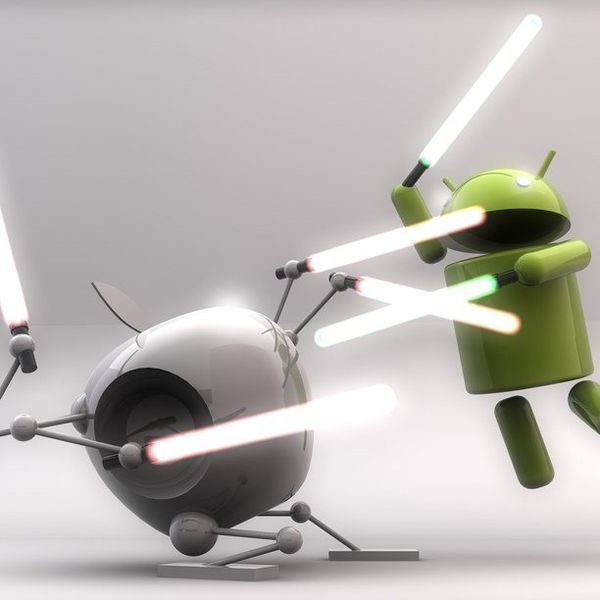Unlike my personal life, I've never been loyal to a certain brand or product, and that includes smartphones.
My first smartphone was an iPhone 3G which I happily upgraded when the 3GS was released. When the Nexus One was released, I defected from Apple and joined the Android universe. I started with the Nexus One and stuck with various phone models from HTC and Samsung for years, before settling with the Galaxy Note line.
After many years as an Android user, I switched to the iPhone 6S Plus, largely swayed by the consistency of iOS updates. It took some getting used to and while I enjoyed it very much, I recently went back to my old Android flame and purchased an LG V20 for reasons involving phone plans.
As someone who is not necessarily loyal to either platform, I have noticed significant differences between the two, and for anyone who is on the fence I'd like to highlight some of the pros and cons of each.
Battery Life
Simply put, the iPhone’s battery life is incredible. I could go practically an entire day on a single charge and still have a little less than half of the battery left even after playing intensive games like Pokemon GO.
While I appreciate the option of a removable battery, the V20 just cannot compare. I suppose this could be attributed to Android’s ability to multitask much better than iOS, but if there is one thing I truly miss about the iPhone it's definitely the stellar battery life.
Customization
Despite being introduced nearly a decade ago, the iPhone’s interface looks nearly identical to when it was originally released, albeit with the exception of being able to add wallpapers.
With the V20 as well as with recent Galaxy models, there is the option to completely change the theme of my phone from the color scheme to the wallpaper and icons. In fact, I'm currently rocking a cool forest theme. The iPhone has made some progress in this area, but it still pales in comparison to Android.
iMessage
When I switched to the 6S Plus, there was no such thing as Google Messenger, so iMessage was a nice surprise. The ability to effortlessly use it for chatting and texting was great and I quickly became addicted to the iMessage apps like GIPHY that made it incredibly easy to insert reaction GIFs into my messages.
Google Messenger does allow for the seamless switch between texting and chatting, but I don't care too much for the stickers. If I wanted to send a GIF I would either have to use the Google Keyboard or open the GIPHY app, find the image I want to use, choose the app I want to share it in, then hit send. It may only be a couple of extra steps, but it’s still not as seamless as iMessage.
Voice Assistant
I broke up with the iPhone and frankly, I’m glad Siri and I called it quits. Having used Google Now, I don’t miss Siri. While I appreciated the voice assistant’s sense of humor, it simply couldn’t match the power of Google Now. From its tendency to misinterpret what I asked to its reliance on doing the same web search I could have just done manually, it got to the point where I avoided using Siri as much as possible. In Apple’s defense, they don’t have the gargantuan database of information that Google has gathered, but I found very little use for Siri aside from asking simple questions.
Conclusion
I’m happy returning to Android, but that’s not to say there aren’t things I miss about my days with the iPhone. The incredible battery life, the ability to easily switch between picture sizes for those Instagram selfies, the much more intuitive AirDrop over the cumbersome Android Beam, it certainly has its qualities. The moral of the story here? Use the platform you like the best, and don’t be afraid to try a different one. Both Android and iOS have matured enough where they both offer compelling and unique reasons to invest in a phone.





















